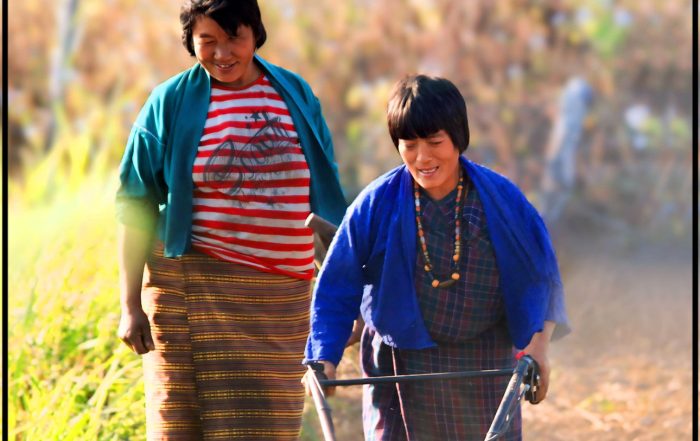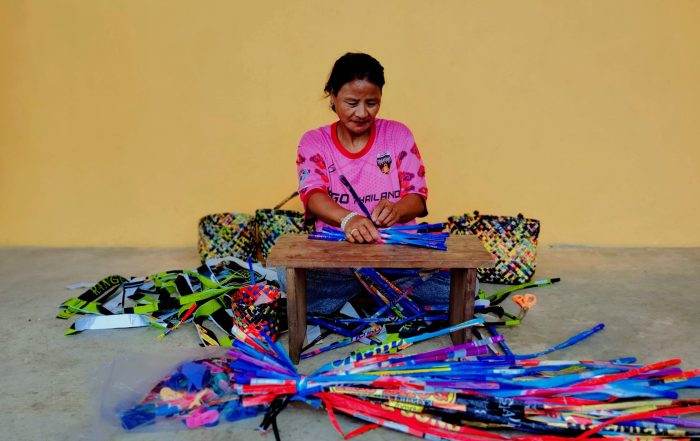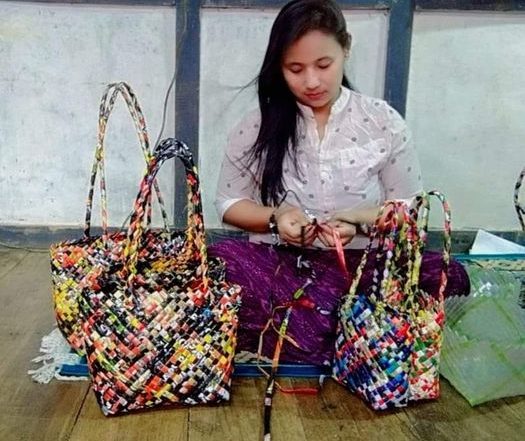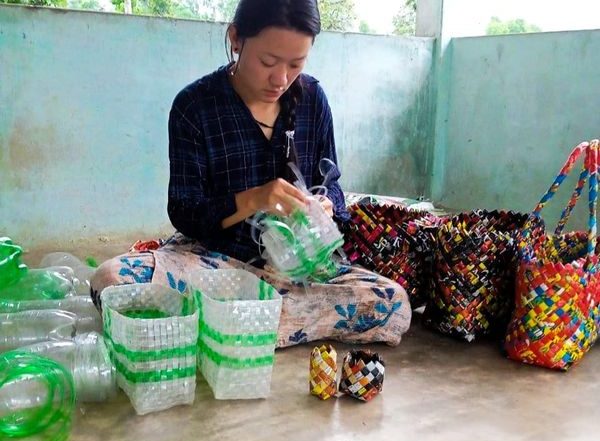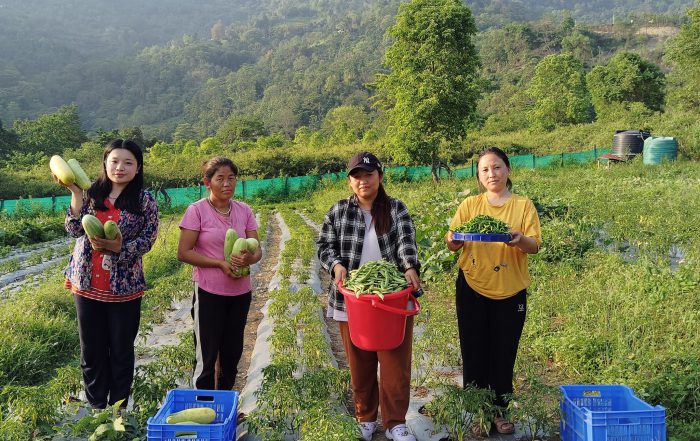Samdrup Jongkhar ‘Dzongkhag’, or District, is situated in the southeastern part of Bhutan. It shares its borders with Pemagatshel Dzongkhag in the west and Tashigang Dzongkhag in the north, as well as with the Indian states of Assam and Arunachal Pradesh in the south and east, respectively. Samdrup Jongkhar has a total area of 1,978.79 sq. km with elevations ranging from 200 m to 3,600 m above sea level; the majority of the land ranges from 600 to 1,200 m above sea level, and the flattest areas are in the south of the region, along the Assam border.
One of the most important goals of the Samdrup Jongkhar Initiative is for the region to become self-reliant, so that it no longer requires external funding or financial help either from donor agencies or from government especially when it comes to core fund. The intention of the Samdrup Jongkhar Initiative is to rely on local community resources, skills, ingenuity, and mutual support to survive and prosper. With the aspiration to become self-sustaining, SJI has started its However, in order to launch the project, we have to seek seed financing. Our intention is to reduce such dependence on external funding and rapidly to nurture a genuinely self-reliant and self-supporting Samdrup Jongkhar community that will no longer need to request external financial help.
SJI’s core fund was funded by the International Development Research Center (IDRC) and Maitri until until 2016. and now it is being contributed by our members. Currently, projects are funded by:
- Zero Waste – The Bhutan Trust Fund for Environment Conservation(BTFEC),
- Organic Agriculture – GEF – SGP, Bhutan Foundation and ARDC- Wengkhar through CARLEP
- Lhomon Education – Alerce Trust
- Youth Engagement: Bhutan Center for Media and Democracy (BCMD)
- Menchari Pilot Village – Gross National Happiness Commission (GNHC-REAP), BNB, DGPC, BPC, Gewog and TomKat Foundation
SJI, as a civil society based development initiative, is completely independent, but works in close collaboration with government agencies to fulfill its goals and in complete harmony with government goals and particularly with the country’s GNH development approach. Government leaders and agencies have voiced strong support for SJI—from the Honourable Prime Minister to the Agriculture Minister and Secretary, Secretary of the GNH Commission, Director of the National Statistics Bureau, and President of the Centre for Bhutan Studies.


